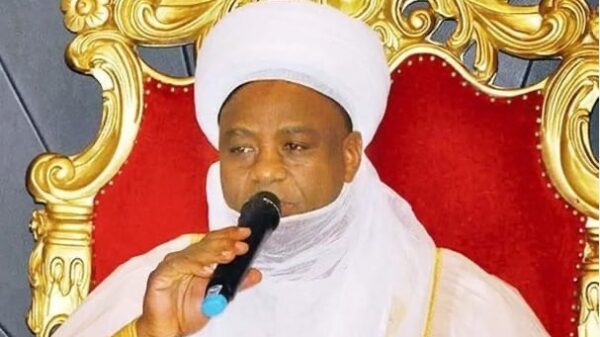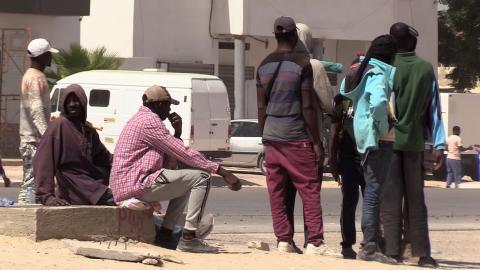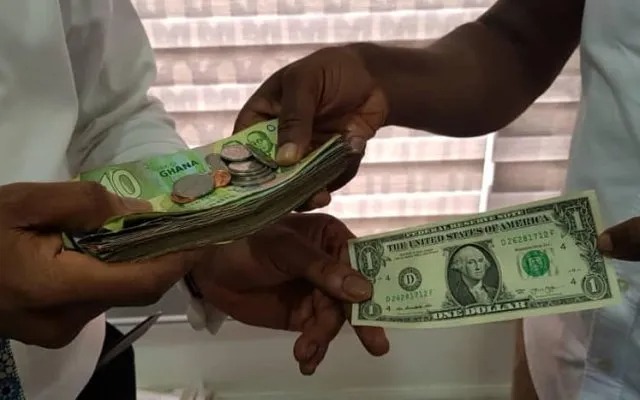Adnan Adams Mohammed
Some economists, both international and local have peg the local currency, the cedi to end the year below ¢13 to a dollar.
This is in anticipation of the country securing the International Monetary Fund Board (IMF) Board approval soonest.
Fitch Solutions and Economist Intelligence Unit (EIU) have forecasted the cedi to end the year 2023 at an exchange rate of between ¢12.40 and ¢12.46 to a dollar respectively. The UK based EIU, in its latest report published in April, 2023, expects the cedi to depreciate significantly this year, although lower than 2022 performance of the cedi.
“We now expect the currency to weaken to ¢12.46:US$1 at end 2023 (from ¢10.95:US$1 as at mid-April)”, EIU forecasted.
It further said that the cedi depreciation will be driven by increased demand for hard currency due to high import prices, inflation, capital flight, rising profit repatriation by Ghanaian-based multinationals and weak investor sentiment in the face of the ongoing debt crisis.
However, according to Fitch (a research and market information firm) and an Economist and Research Lead at GCB Capital, Courage Boti, the performance of the cedi will be premised on the possibility of Ghana securing an International Monetary Fund-support programme by May 2023. They believe that will go a long way to cushioning the cedi against foreign exchange pressures.
It added that, “while short-term exchange rate volatility will persist, the cedi will stabilise once a formal creditors’ committee is formed and the IMF executive board approves Ghana’s programme”, Fitch Solutions noted.
On the contrary, Courage Boti, has cautioned that the cedi will lose the most, if the government is unable to get an IMF approval by the end of this month.
He argues that the current suspension of interest payments on Ghana’s external loans is the main reason for the relative gains or slow depreciation by the cedi.
Mr. Boti pointed out that time is of essence to clinch a deal and give certainty to investors that the economy is on a recovery path, a signal that could increase the gains of the cedi in the coming months.
“Given the very weak external balances that we have, I think the cedi is showing what the fundamentals are suggesting. That probably is because the pressures we see when we pay interests on external loans have been suspended.
“The cedi will continue to show some level of stability if a deal is secured with the IMF and the external debt restructuring programme is completed”, the currency analyst said.
This, he suggested will boost investor confidence and gradually pave the way for Ghana to return to the international bonds market in the long term.
The cedi has so far depreciated by about 14% to the US dollar in the retail market, selling at about ¢12.
However, it has lost about 21% in value to the American greenback on the interbank forex market, going for about ¢10.95.
For the past two weeks, the local currency has posted mixed performance on the markets, although the Central Bank increased its intervention in the spot market.
This is due to heightening demand for foreign exchange as a result of market uncertainties




























